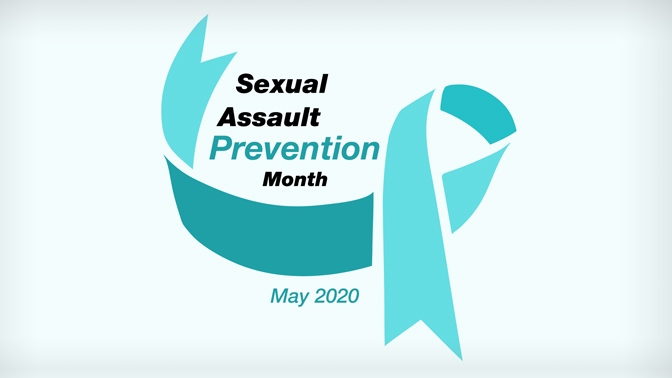
Dr. Angela Colantonio, a Senior Scientist at the KITE Research Institute, has published a new study that examines the characteristics of people who have been assaulted by strangulation. It is the first study to view this vulnerable population and their interactions with the health care system on a large scale.
“Our work highlights the importance of violence prevention strategies and brings awareness to a public health concern that is growing in importance as countries around the world enforce stay-at-home directives,” says Dr. Colantonio.
Dr. Colantonio and her research team, led by former trainee Dr. Binu Jacob, looked at data on hundreds of adults in Ontario who visited an emergency department or acute care clinic with diagnoses that included strangulation. The team analyzed factors such as age, sex, income, whether other injuries were diagnosed along with strangulation and the care that was provided.
The research team found key differences between male and female patients. For instance, a greater proportion of females were readmitted to emergency departments within one year. Males, alternatively, had more readmissions to acute care clinics.
Also, of those admitted to the emergency department for strangulation, 70% were female and around 73% were from low income households. These results indicate a need to implement new approaches that account for sex and socioeconomic factors.
For example, there is a need to revisit discharge planning because most patients are sent home after receiving care. This is clearly problematic if the abuser is an intimate partner. Furthermore, the findings highlight the need for community programs to provide low income individuals who do not feel safe going home with other options.
Dr. Colantonio’s study is particularly timely given worldwide physical distancing and quarantine measures to counter the COVID-19 pandemic. Because of these stay-at-home directives, the need to address domestic abuse is mounting: the United Nations recently proclaimed that violence against women and girls represents a shadow pandemic that requires global action.
To help educate frontline health care workers about brain injuries caused by violence from an intimate partner (a possible consequence of strangulation), Dr. Colantonio’s lab members, along with community partners, have developed an online toolkit. The website is receiving international attention for its informative collection of stories from survivors, community resources and guidelines on brain injuries and care.
This work was supported by the Canadian Institutes of Health Research (CIHR) and the Toronto Rehab Foundation. Dr. Colantonio is Director of the Rehabilitation Sciences Institute and a Professor of Occupational Science and Occupational Therapy at the University of Toronto. She is an adjunct scientist at ICES.
Jacob B, Cullen N, Haag HL, Chan V, Stock D, Colantonio A. Assault by strangulation: sex differences in patient profile and subsequent readmissions. Can J Public Health. 2020 Feb 11. doi: 10.17269/s41997-019-00286-1.

May is Sexual Assault Prevention Month. Physical force, including strangulation, has been used in 95% of all sexual assaults in Canada.




